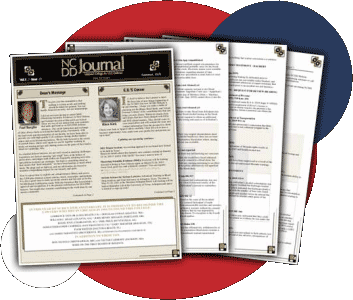- The ABA’s Concise Guide to Lawyer Specialty Certification
- Benefits to Become Board Certified - ABA Video
- Board Certified Members
- How to Become Board Certified in DUI Defense Law
- Apply for Certification
- Apply for Re-Certification Renewal
- Board Certified Senior Specialist
- Rules Governing Board Certification
- Preparing for the Exam
Pesky Lab Results Hindering Your Defense?
Posted on July 15, 2024 in Uncategorized

Many drunk driving cases involve a chemical test indicating what substance the government believes you are impaired by. The government utilizes testing devices to analyze and quantify the alleged substance or substances in the blood. The government then can utilize the result in Trial against you. In Trial, the government may admit the test results in through the individual that performed the test.
In any drunk driving case, it is imperative for any attorney to review records related to the chemical test. With the chemical test an experienced attorney who is knowledgeable about the specific machine used in your case may find errors in how the test was performed or in the machine itself. These records might be crucial in building a defense. Equally important to how the machine was handled or the test performed is the qualification of the analyst performing the test. The qualifications and procedures used by the analyst to perform the test in your case may provide an experienced attorney different avenues to challenge the charge. If there’s challenges to the test, there could be a trial held in your case to dispute the allegations. If you’re in trial it’s important that your attorney looks at witnesses the State plans to present because the witnesses called by the State may provide additional avenues to achieve a not guilty in your case.
Previous case law indicated that in 2011 the Supreme Court of the United States determined that a forensic report was not hearsay and could be admitted without any issue under the confrontation clause. That case was Bullcoming v. New Mexico, 564 U.S. 647 (2011). Some states took this holding to mean the analyst who performed the test did not have to be present and instead a substitute analyst could be presented at trial to admit the blood test result and not violate the 6th Amendment right to confrontation. In June 2024, the Supreme Court of the United States held that failure to present the analyst who performed the test at trial and using a substitute analyst to provide testimony about the test result violated the Sixth Amendment’s Confrontation Clause. This new case is Smith v. Arizona, 602 U.S. ________ (2024). With the new decision in Smith v. Arizona states that previously allowed the use of substitute analysts will have to analyze if the testimony offered by the government violates the 6th Amendment right to confrontation. A skilled defense attorney can challenge substitute analyst testimony if scientific results being admitted at trial if the analyst or expert who performed the test is not presented at trial. This can present new avenues for defendants to potentially have the test results not admitted and be more likely to receive a not guilty outcome.
With any drunk driving arrest, it is imperative that you speak with an experienced and knowledgeable attorney about these issues. The outcome can change, depending on how the trial unfolds and the witnesses presented. With these changes, more prosecutors will be required to present the actual witness, which can change the outcome in your case.
Author Information: Attorney Karleigh Miller, Cohen Law Offices, Eau Claire, WI. Cohen Law Offices specializes in criminal defense. Attorney Miller primarily focuses her practice on drunk driving defense and is passionate about ensuring that each person accused of a crime receives the best possible defense.
Find an Attorney
Enter your city, state, or Zip code below to locate a qualified attorney who has demonstrated a commitment to defend those accused of DUI and related crimes.








